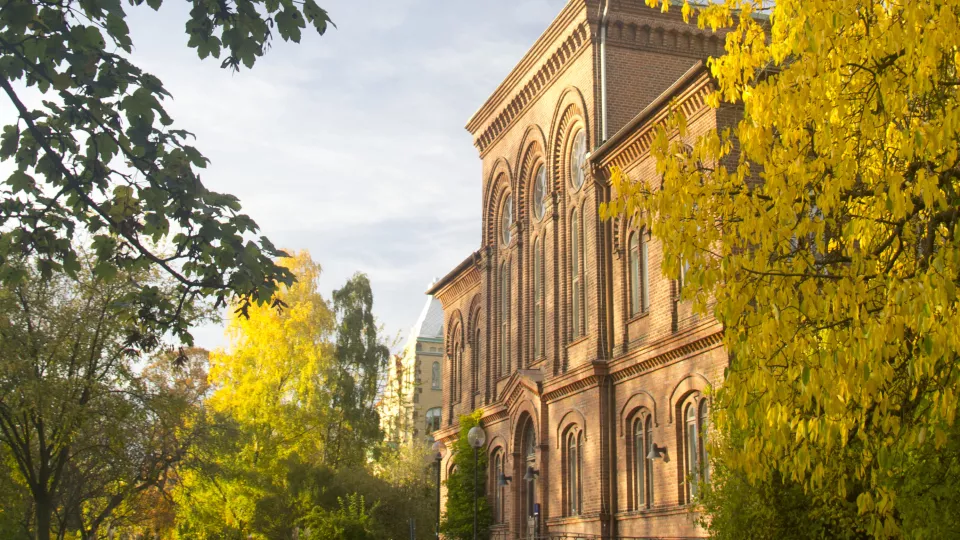In September, the institute welcomes two new Themes; Public Art and The New Commons and Designing Sustainable Digital Work. At least two new ASGs will also start this autumn. So far, it has been decided that the ASGs Work on Mars and Deep Generative Models (DGM) will start their collaborative work next semester.
Public Art och The New Commons
Public art has a long history as a profound manifestation of the good society. The theme Public Art and The New Commons will explore the economic, cultural, social, legal, political and organizational ramifications of public art. The Theme aims to analyse the domain of public art, raising new questions and ideas concerning the role and malleability of public art, and the institutional frameworks that create incentives to make, initiate, fund or destroy public art. The Theme will also explore the working conditions created for artists. The aim is to find ways for top-down and bottom-up forces to interact in shaping public art, and for public and private funders and power structures to interact in supporting free artistic expression in the public domain.
The Theme is coordinated by Fredrik Andersson and Ulrika Wennersten
Designing Sustainable Digital Work
The Theme "Designing Sustainable Digital Work" will investigate the digital transformation of work from the perspective of the individual workers and their interactions with digital systems and tools. Healthy and productive digital work environments can be enabled by incorporating ergonomics into the design and development processes for digital technology. The Theme combines competences on technology development with those that focus on human aspects. The aim is to establish a common terminology and to identify future research directions for novel methods and techniques for designing healthy and sustainable digital work environments.
The Theme is coordinated by Elizabeth Bjarnason and Johanna Persson.
Work on Mars
The ASG Work on Mars aims to identify major drivers that will affect future working life and identify the key factors that may affect workers’ health. Work shapes our society and affects our health. At the same time, work life is changing rapidly and will continue to change in the future, driven by multiple interacting factors, including belief systems, digitalisation, automation, climate change, and pandemics, as well as other unknown factors. The first step will be identifying current drivers in selected work sectors in Sweden, and investigating how these drivers affect workers’ health. Next, the study will explore a long-term future scenario, how we could work on Mars, as a metaphor for future work life as a new start that forces us to question ideas about work and health. The resulting knowledge will inform efforts to make work environments (on Mars or Earth) that are stimulating, efficient, sustainable, and promote human health.
The ASG is coordinated by Karin Broberg
Deep Generative Models (DGM)
Artificial data can be used to solve problems across a broad range of scientific disciplines. Deep Generative Models (DGMs) make use of deep neural networks to produce such synthetic data — sometimes referred to as deep fakes — i.e. data that has the same properties as real data, for example synthetic medical images. The DGM ASGwill bring together leading practitioners of this AI technique with researchers from astronomy, human geography, materials science, medicine and particle physics. Working together, they will explore how to put deep fakes to good scientific use by tackling challenges including image searching and compression, feature extraction and anomaly detection.
The ASG is coordinated by Carina Geldhauser
With this semester, the current Theme Gigification of Work has been concluded, while our Themes Nature by Numbers, Post Hoc Interventions, and Synthetic Biology will continue to work in September and October. The ASG Wildfires will also continue to work during the autumn, while ASGs Trauma and ASGn Empathy and Compassion has been ended. However, certain concluding activities will take place in autumn.


